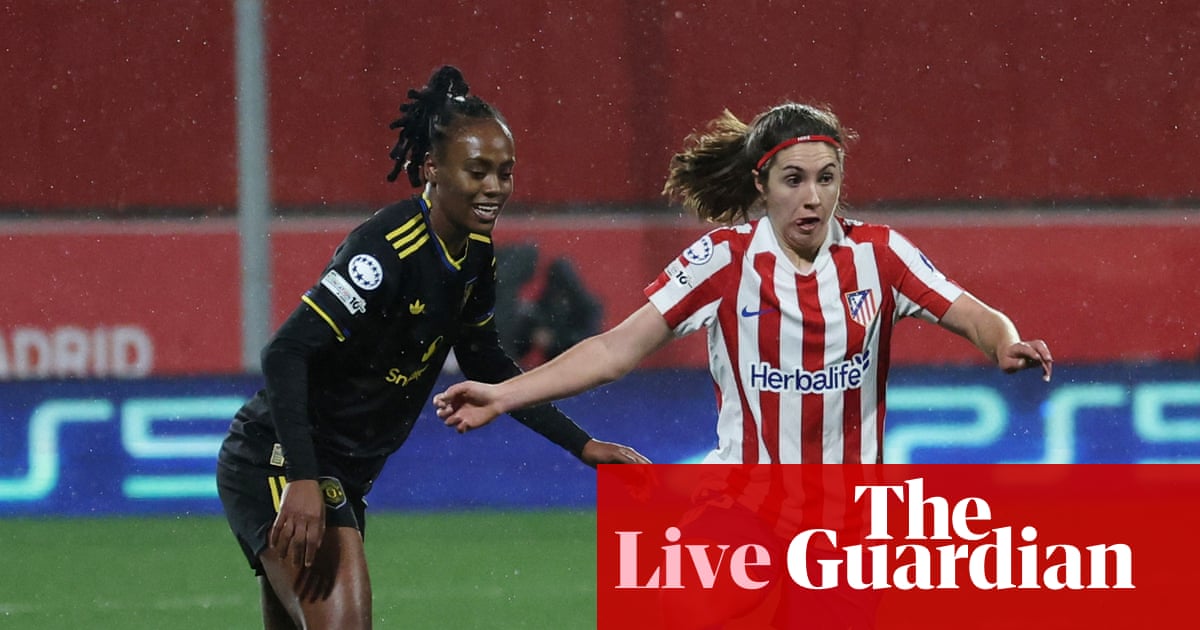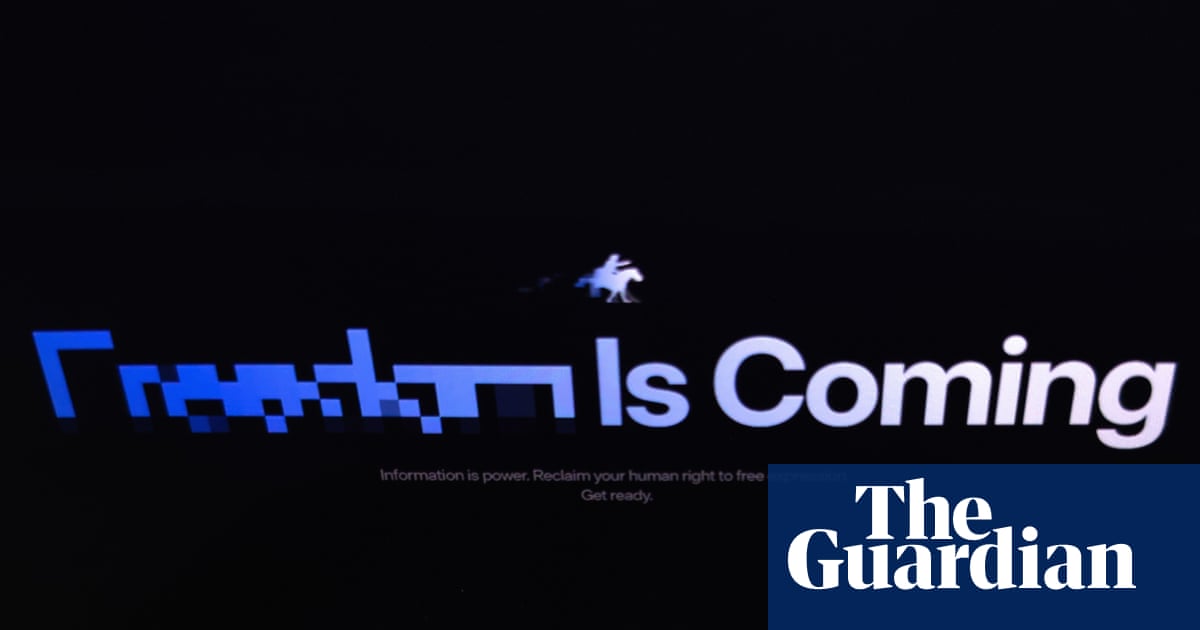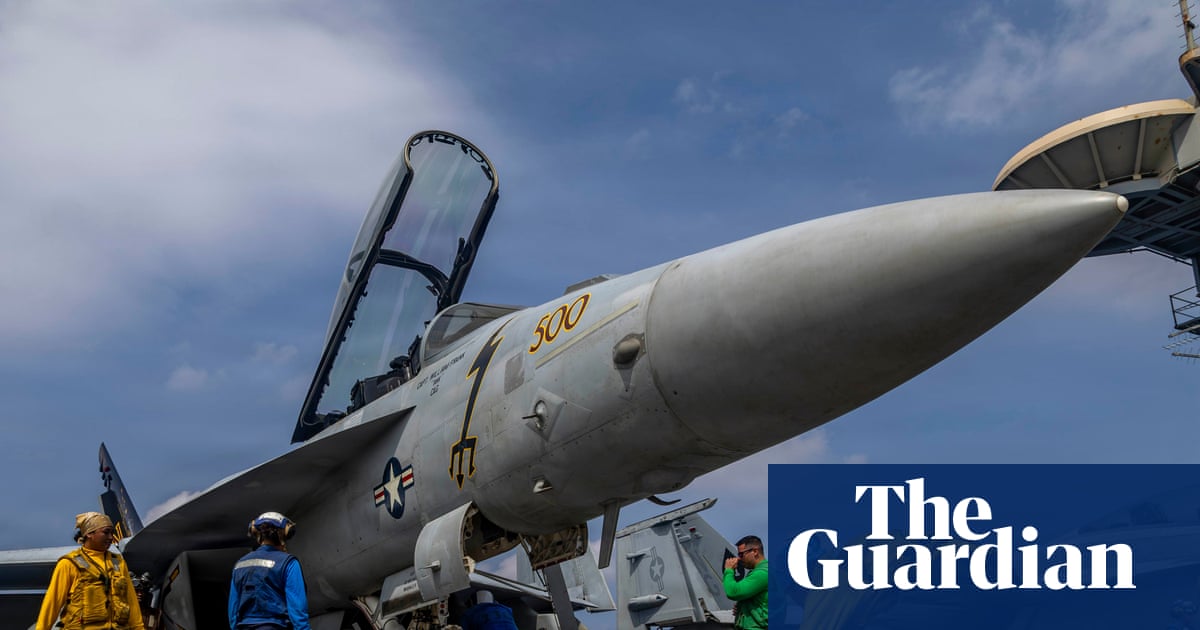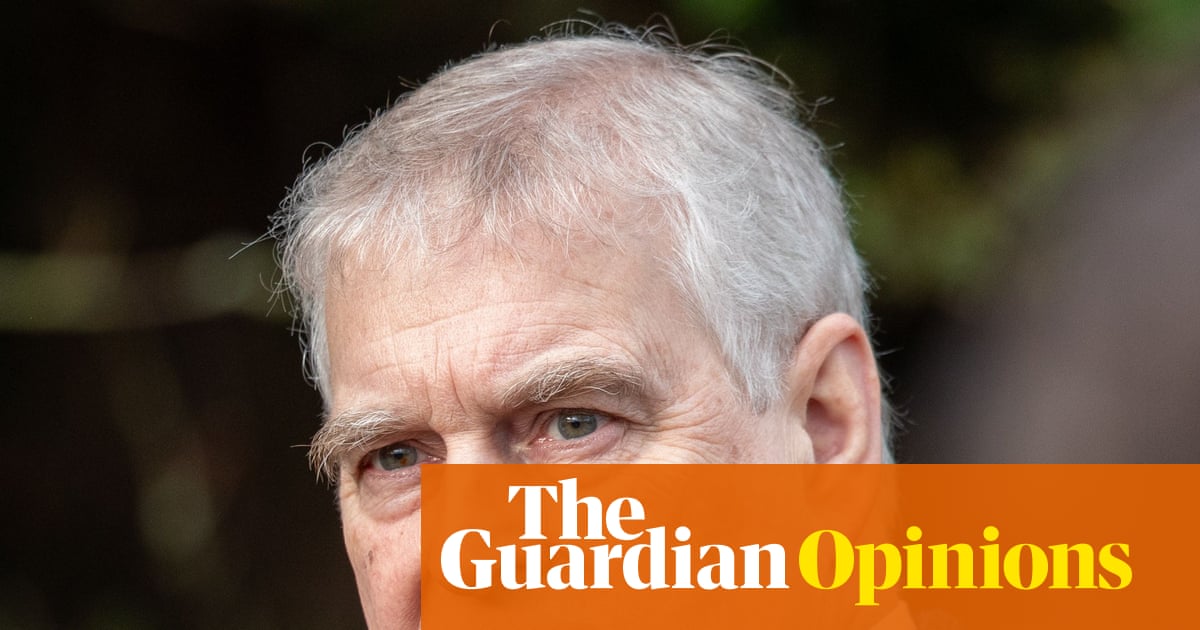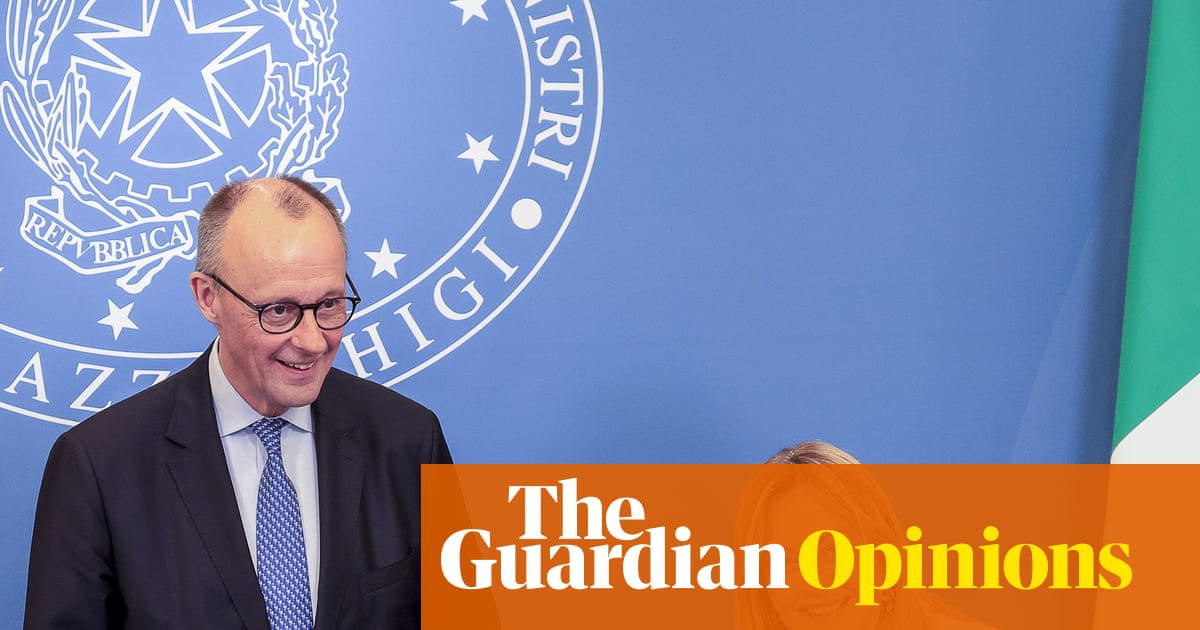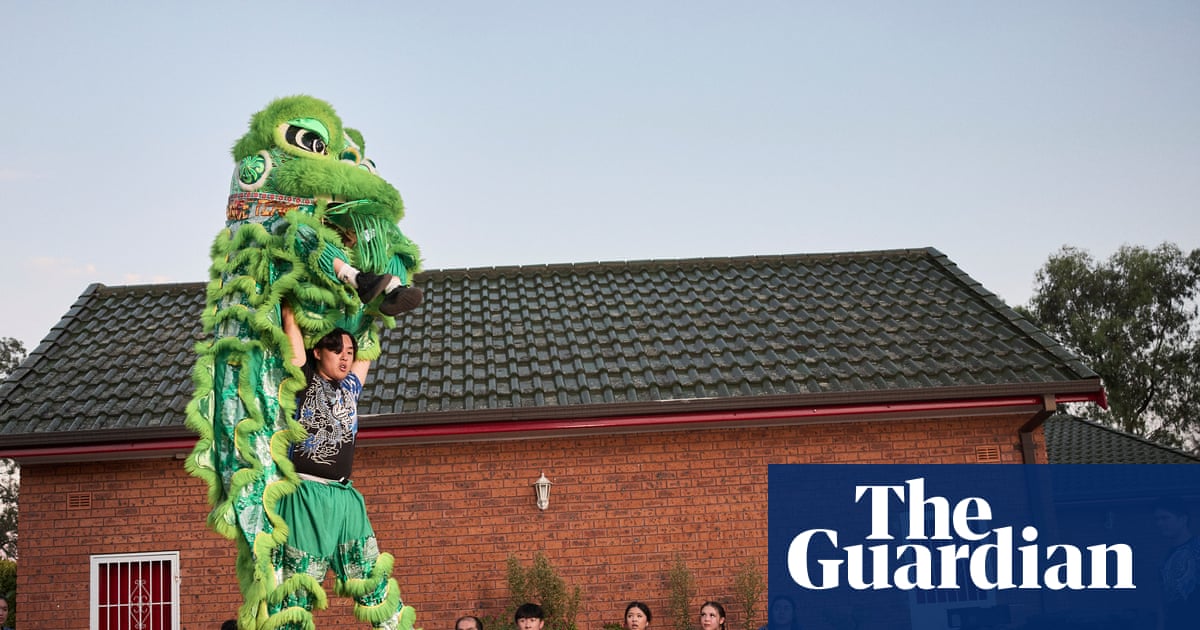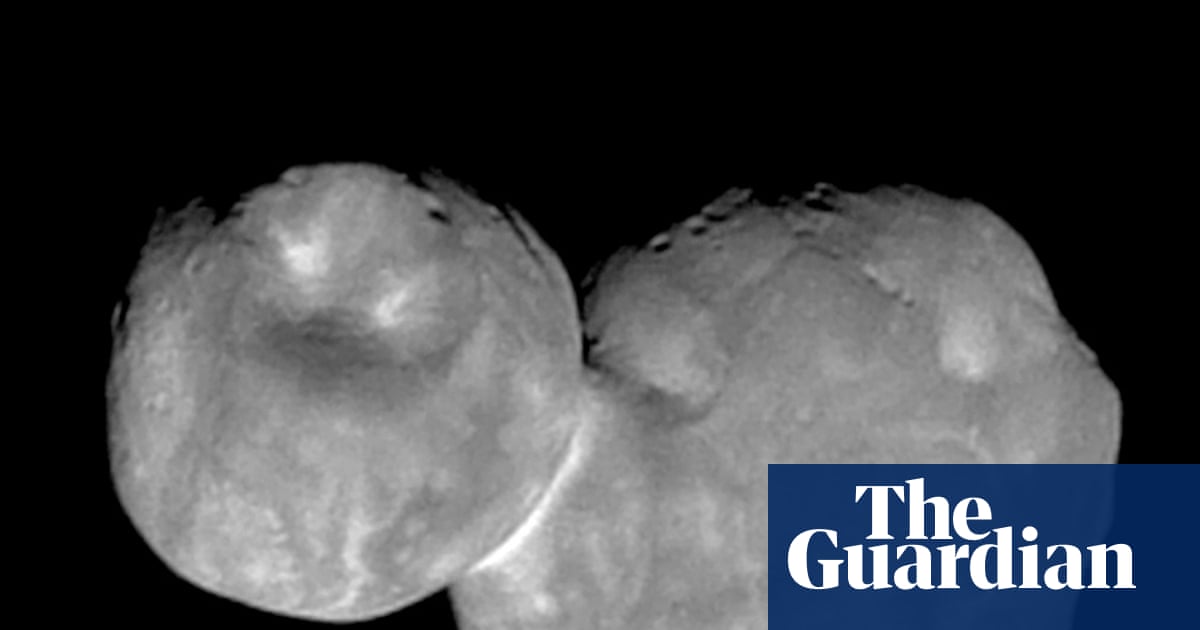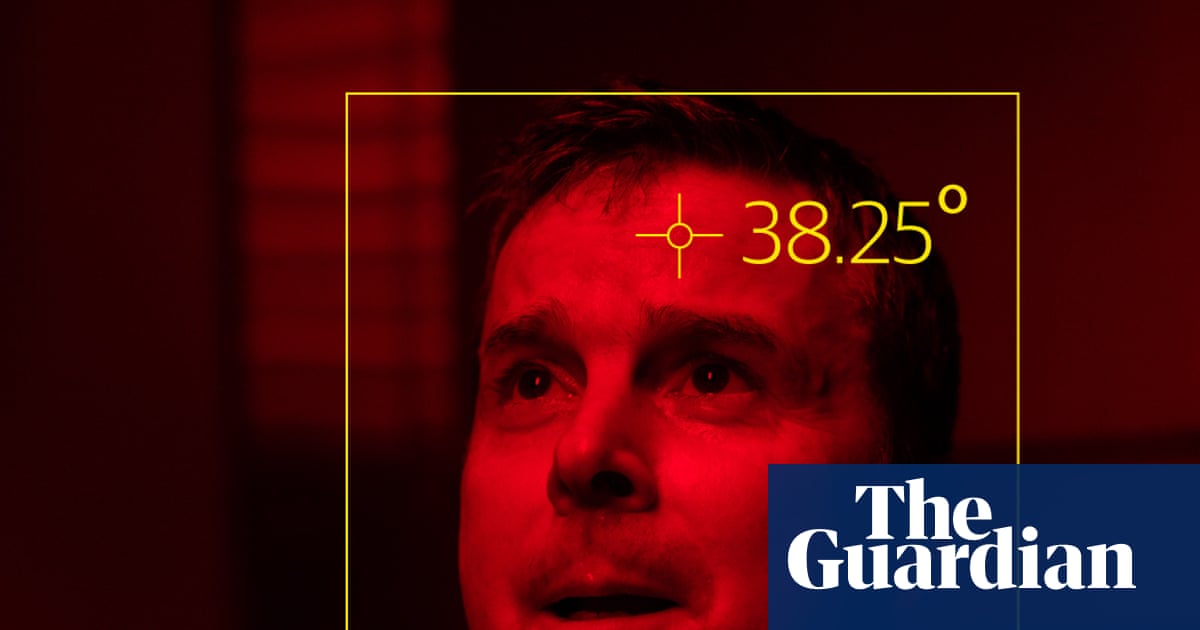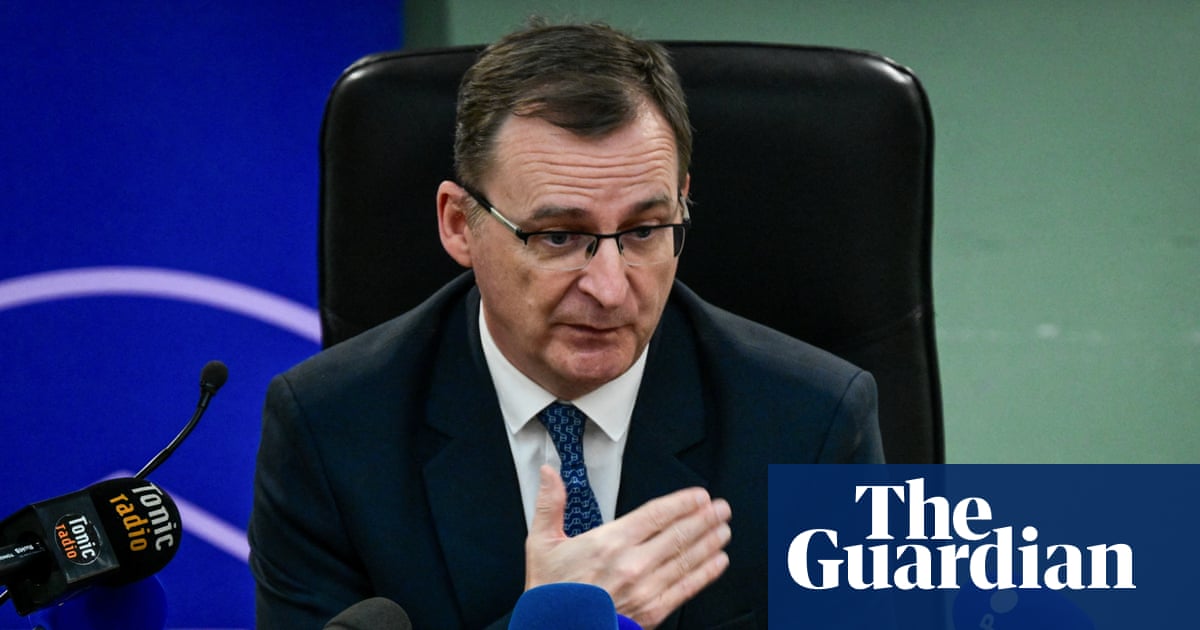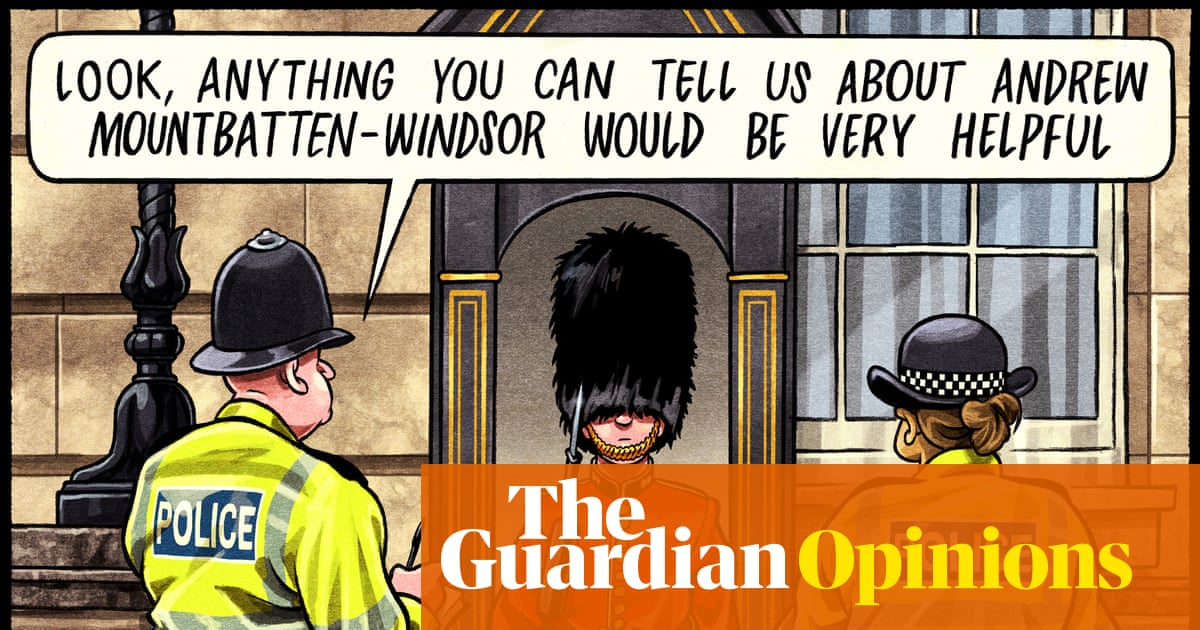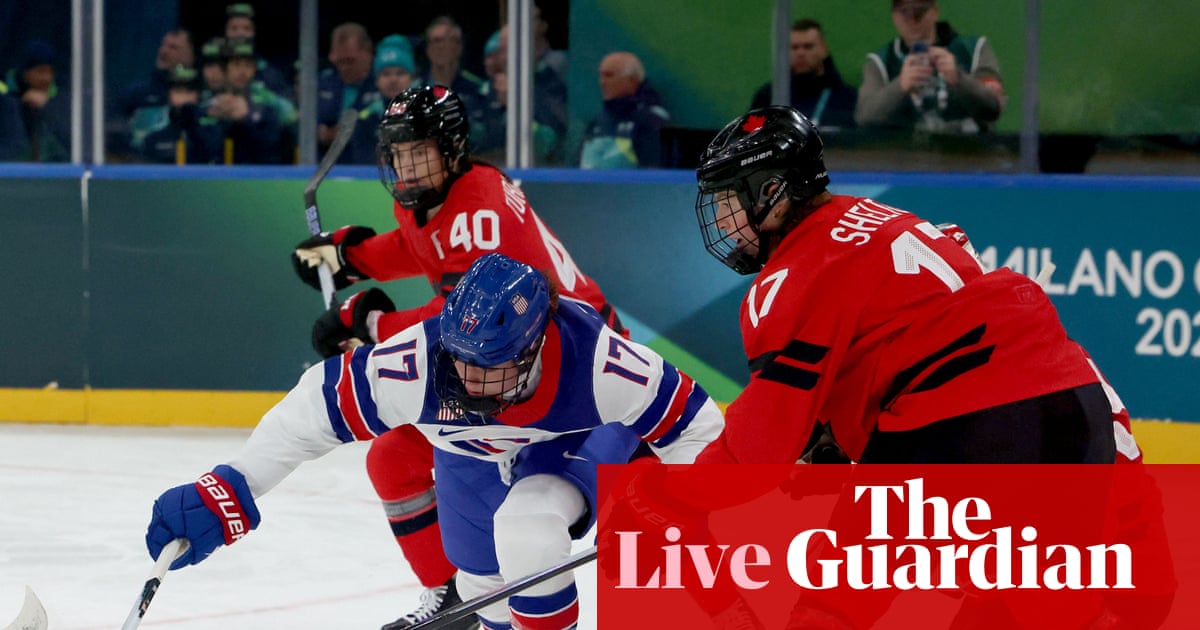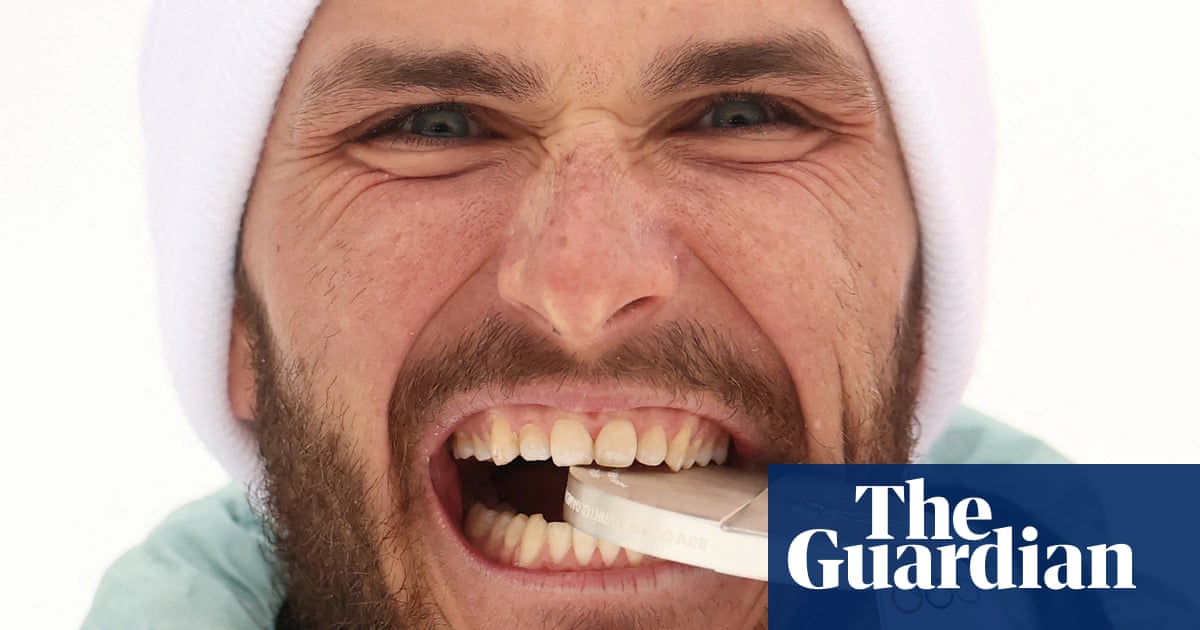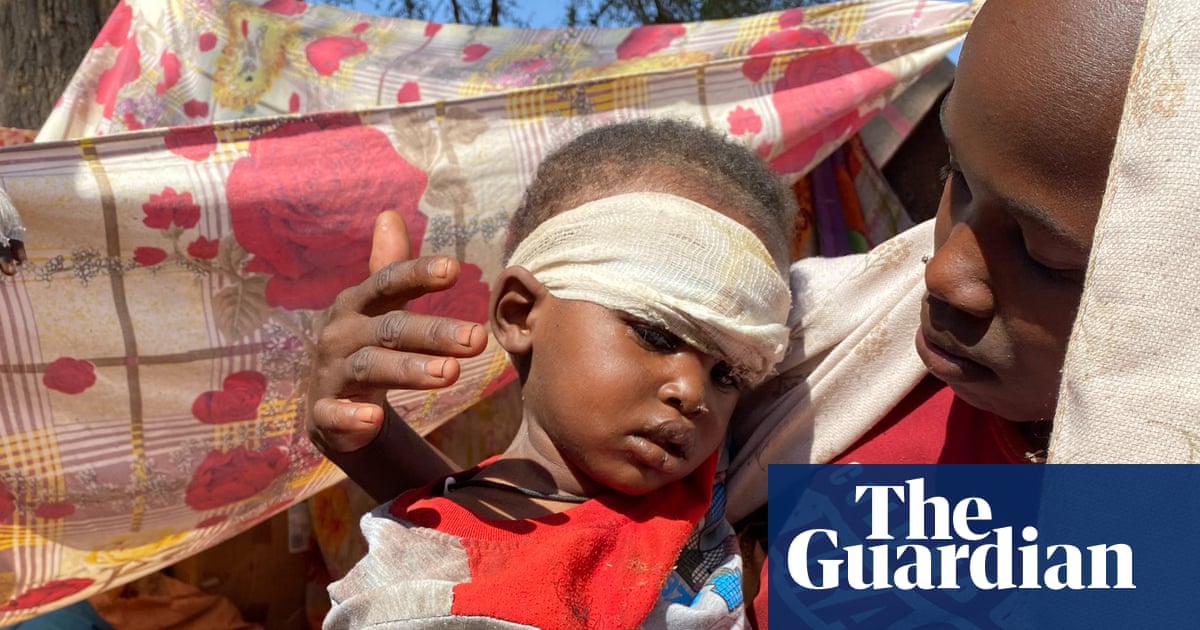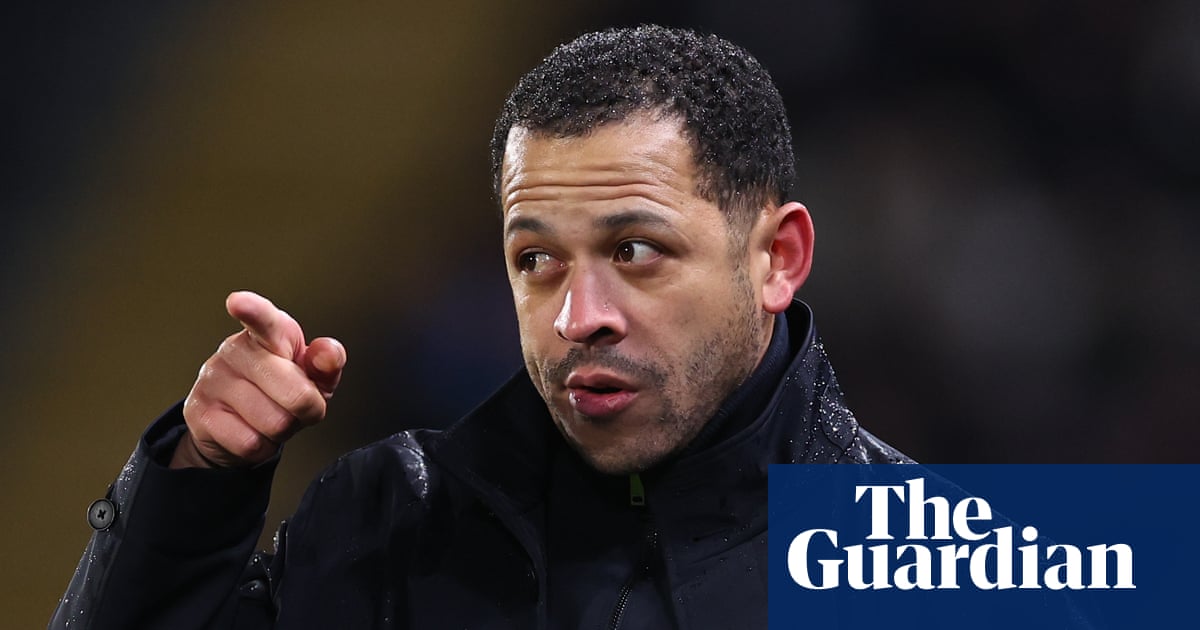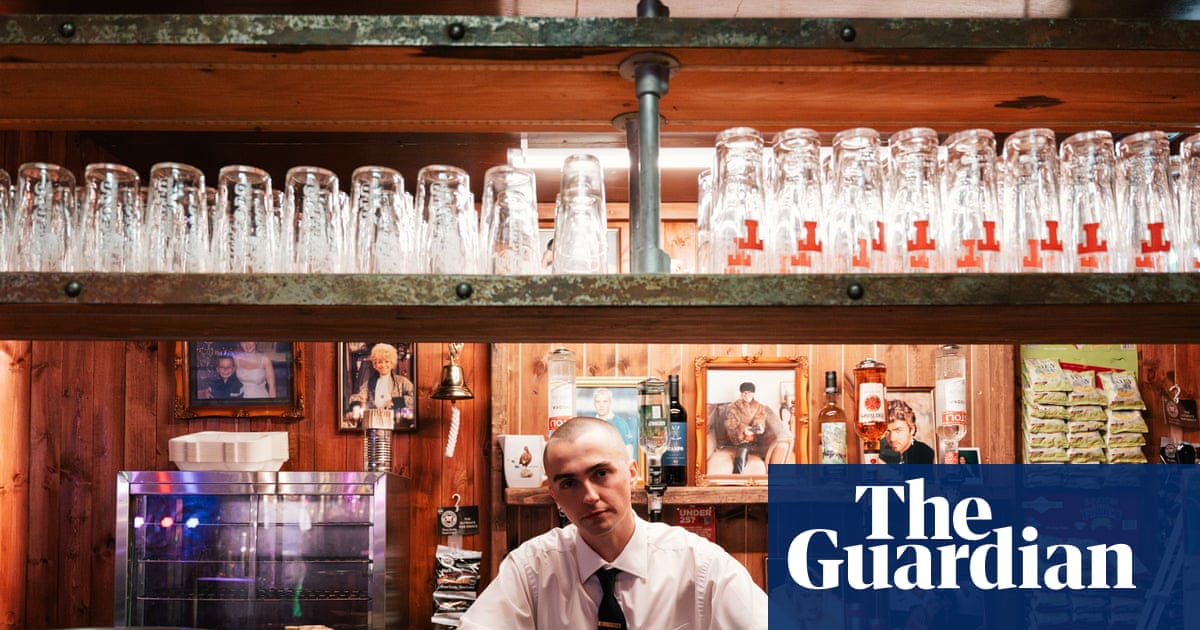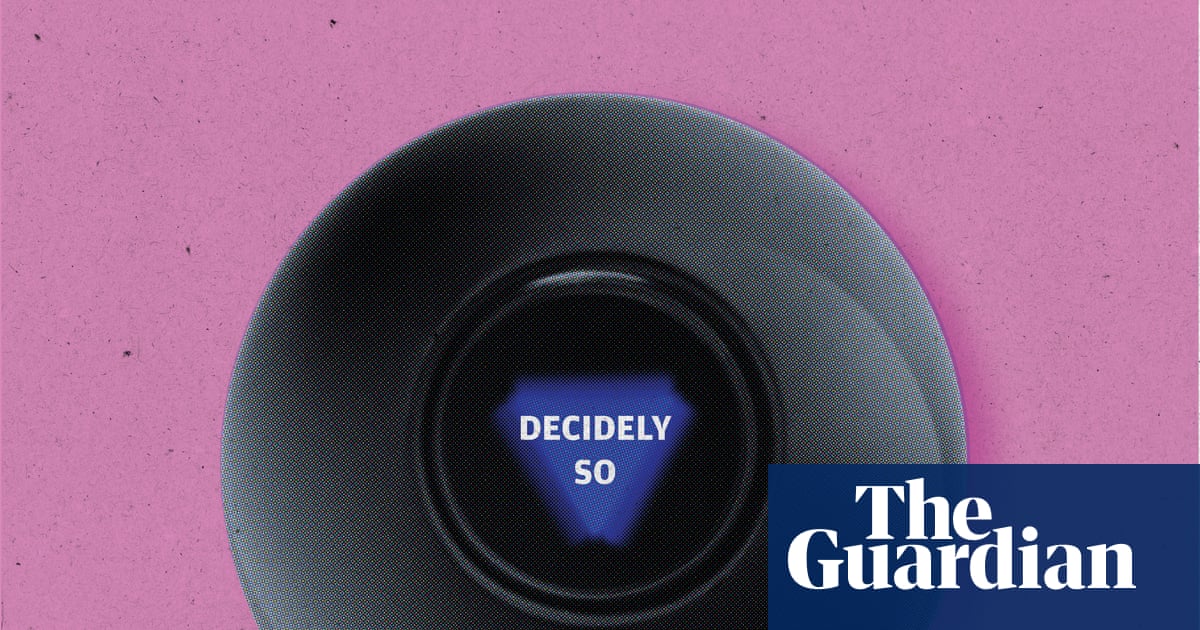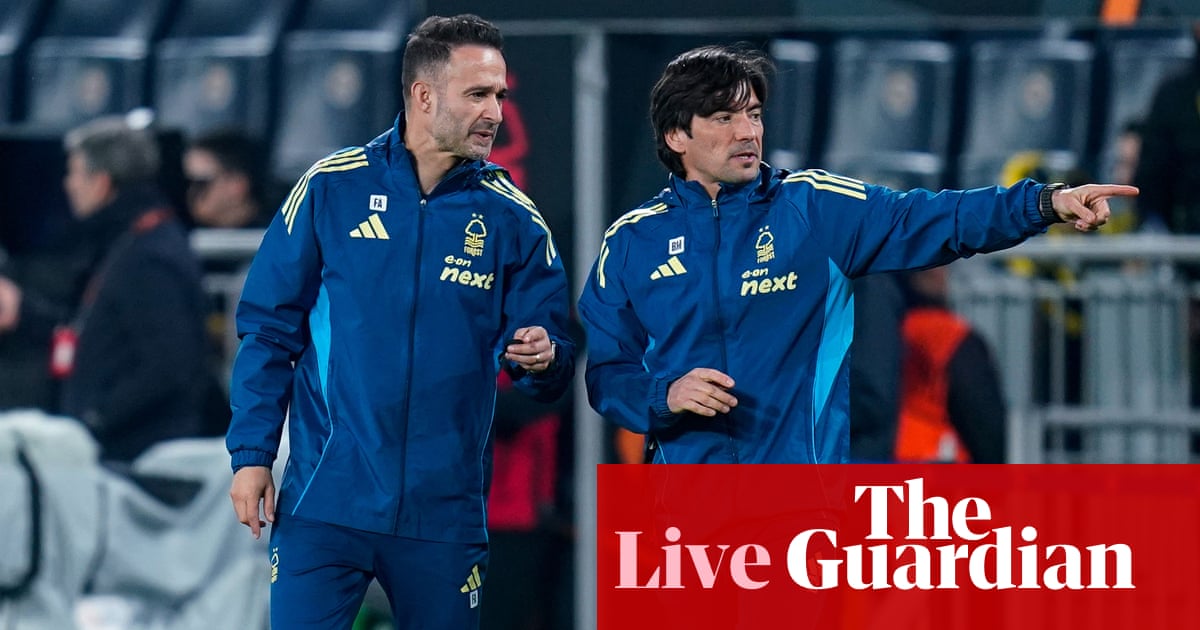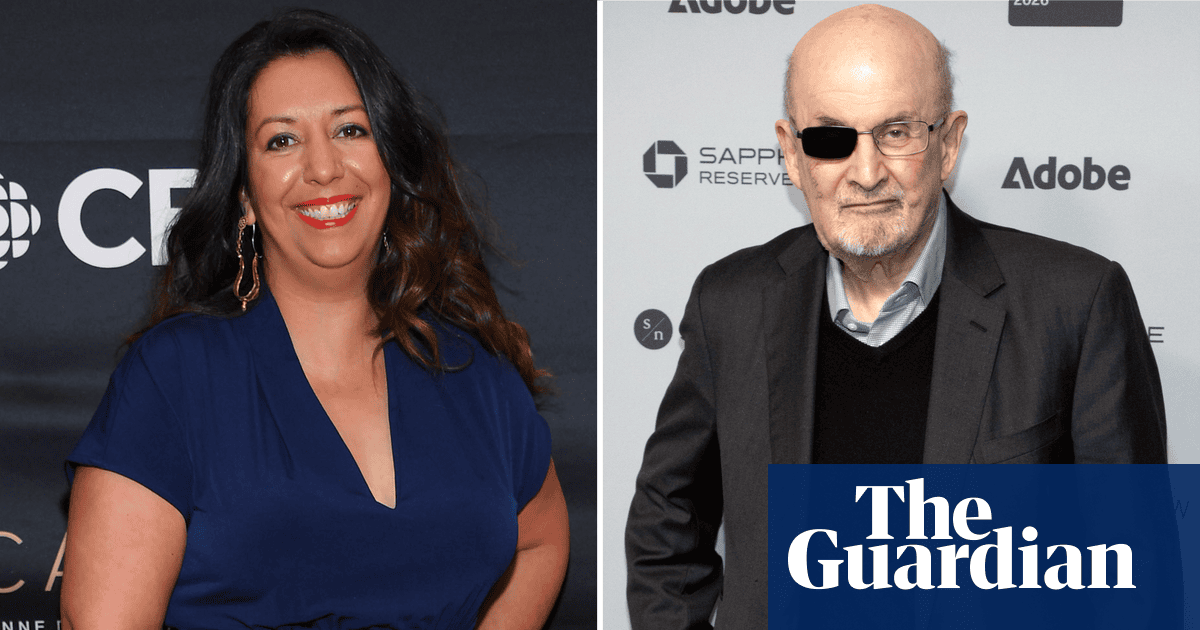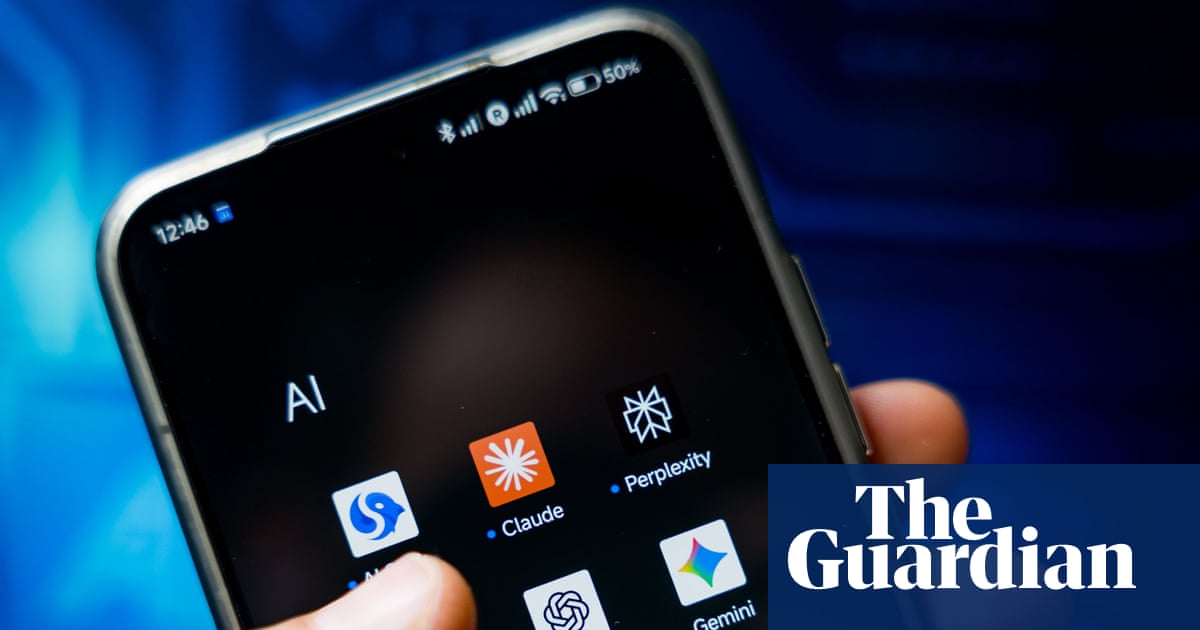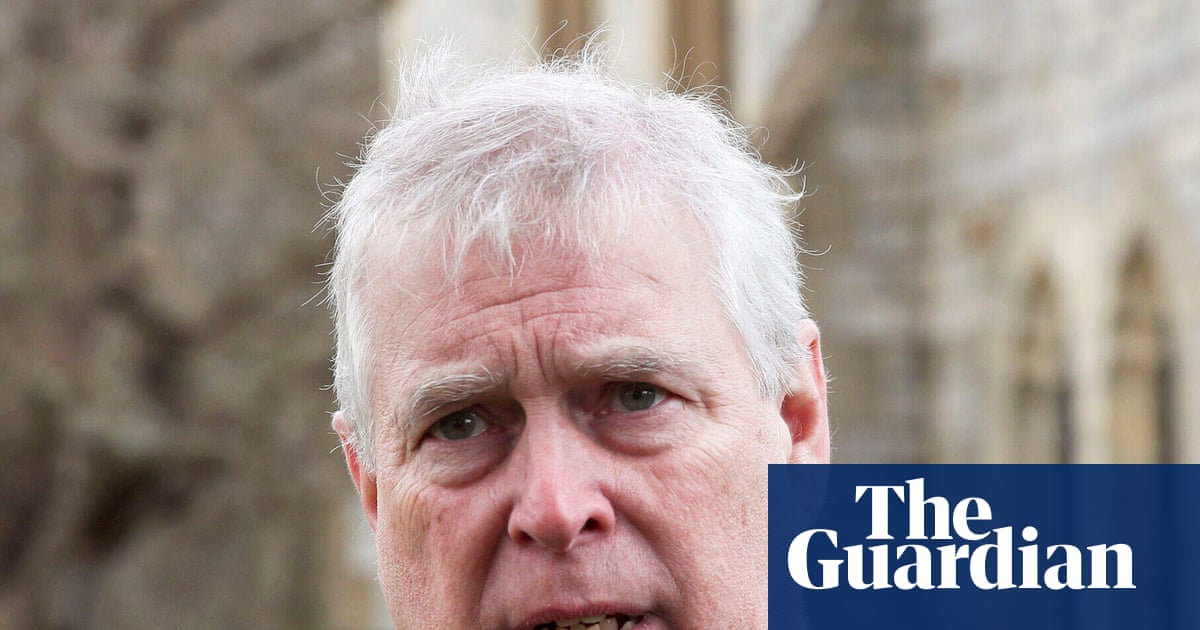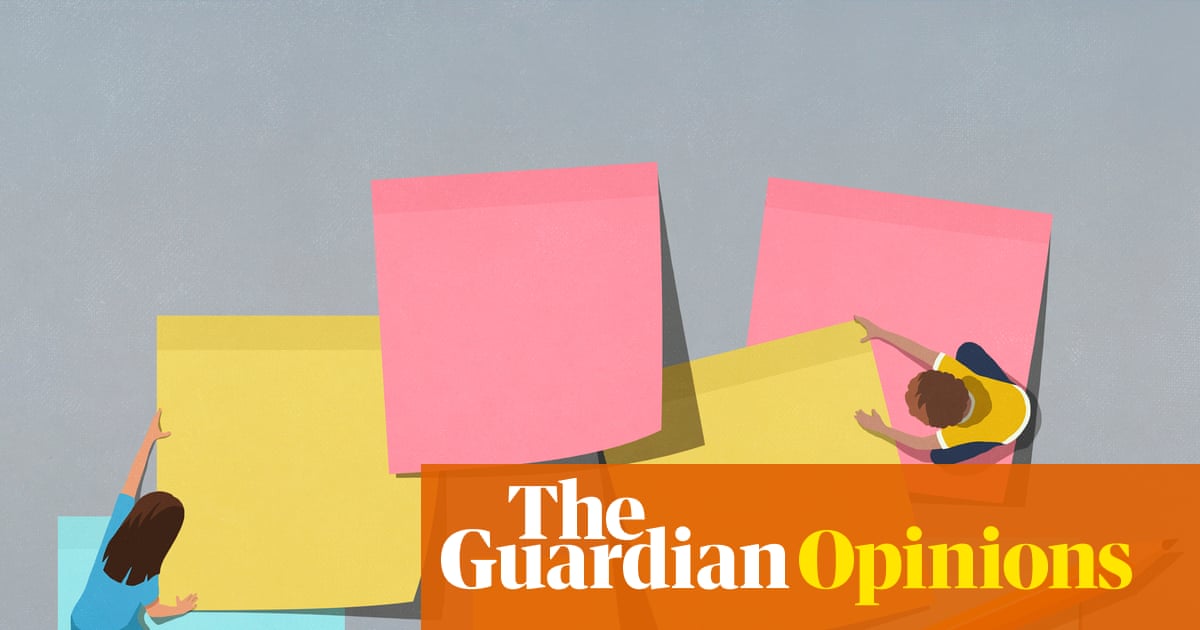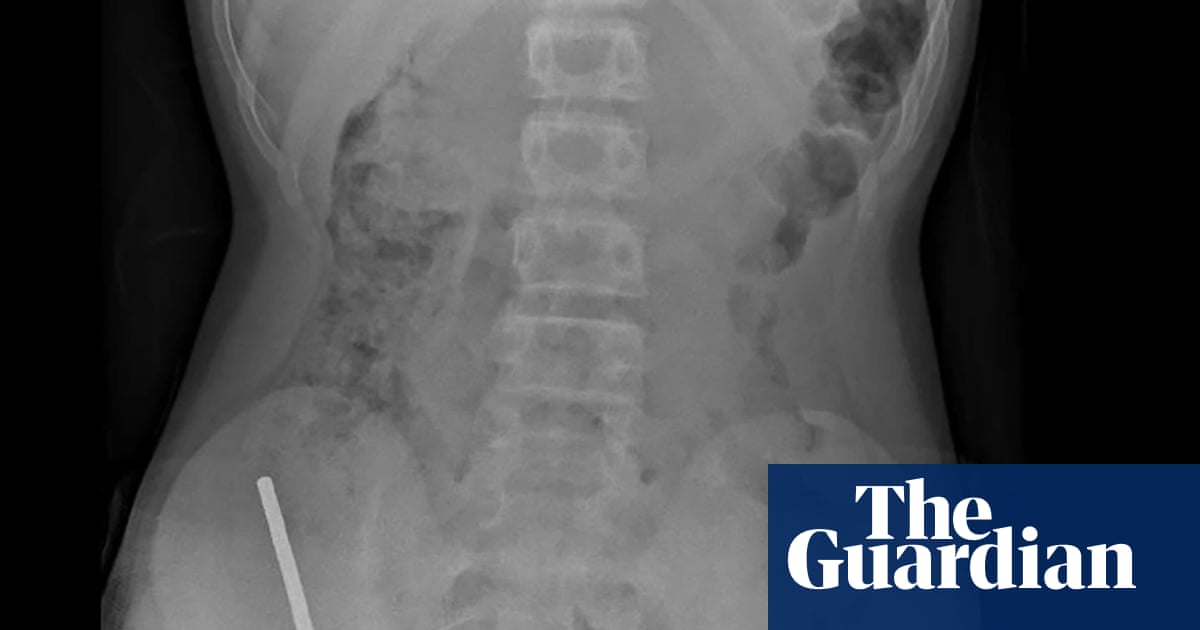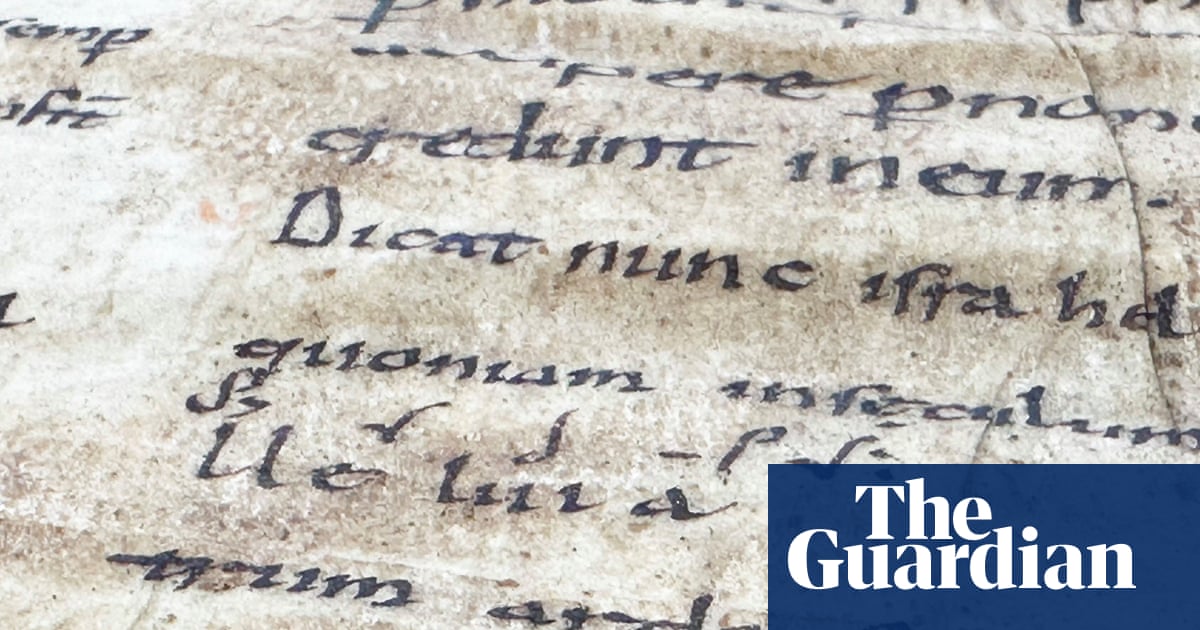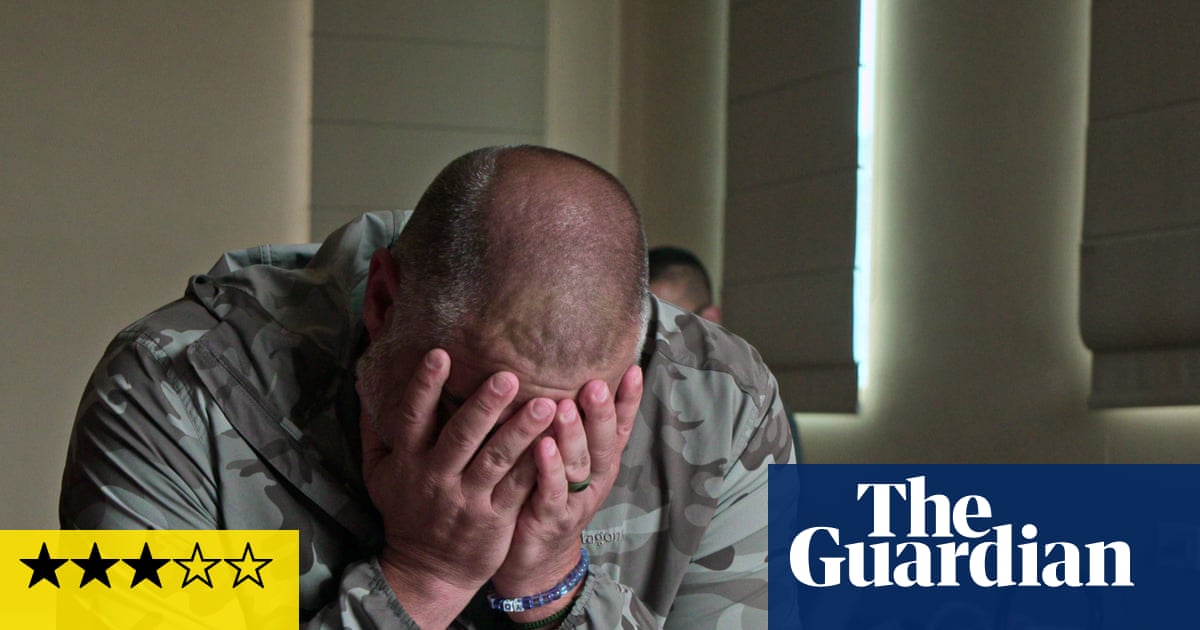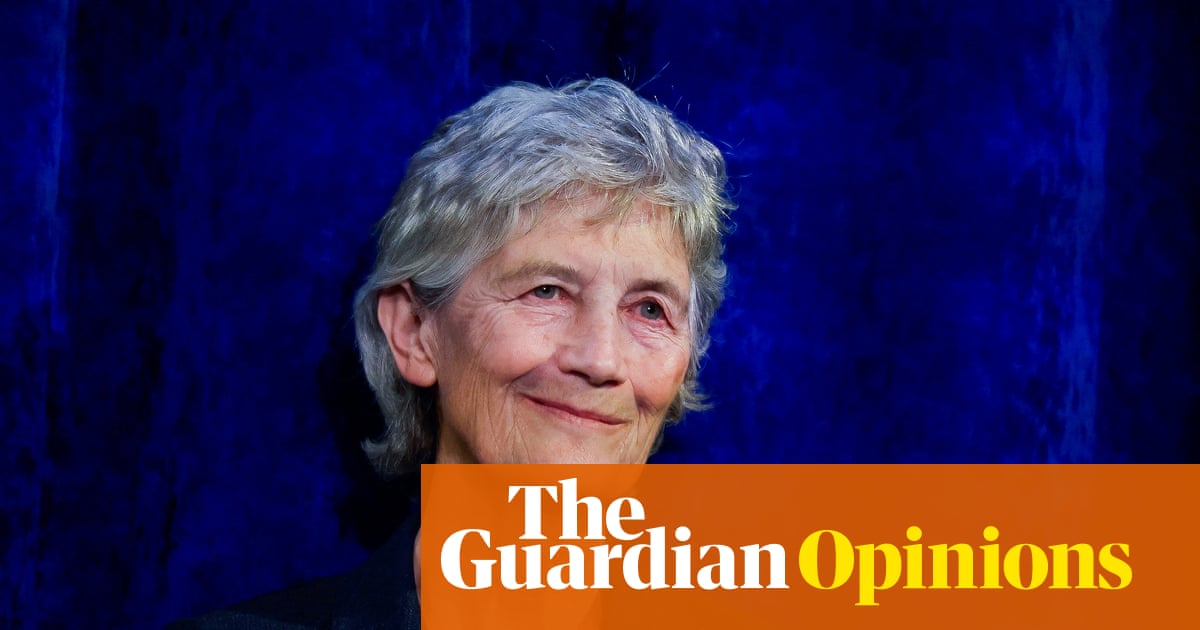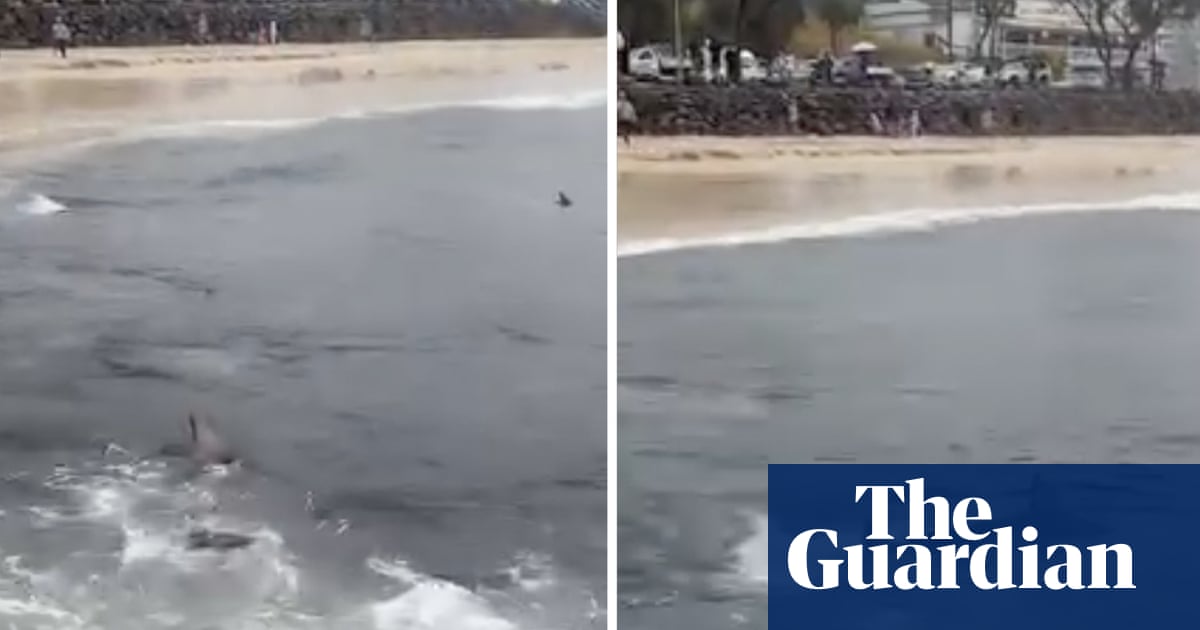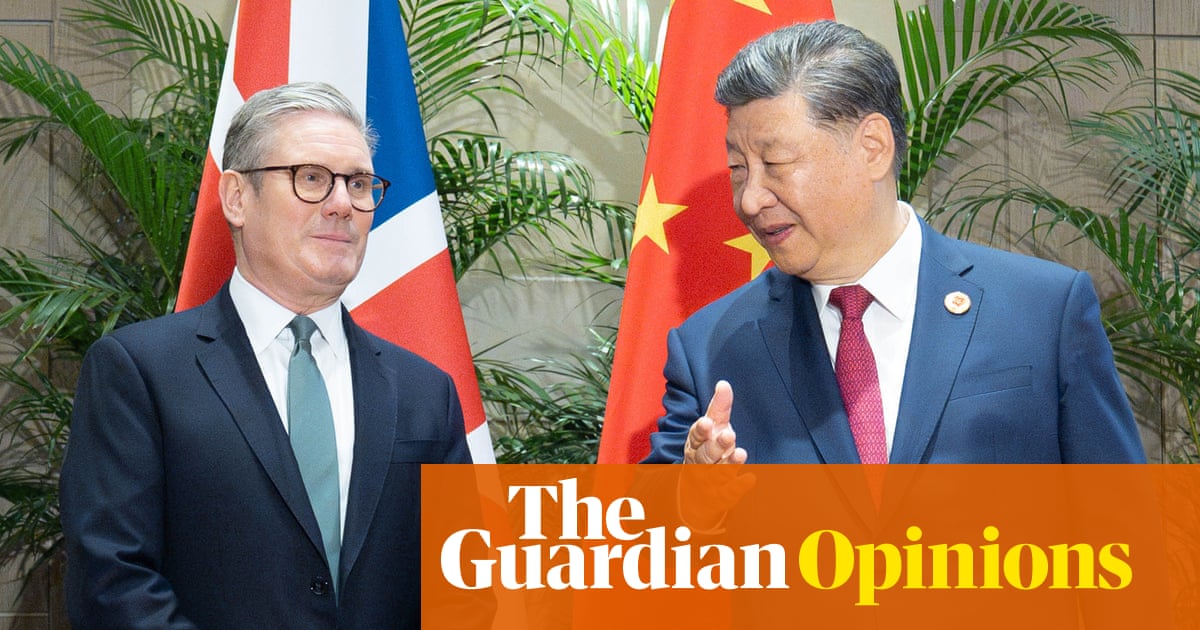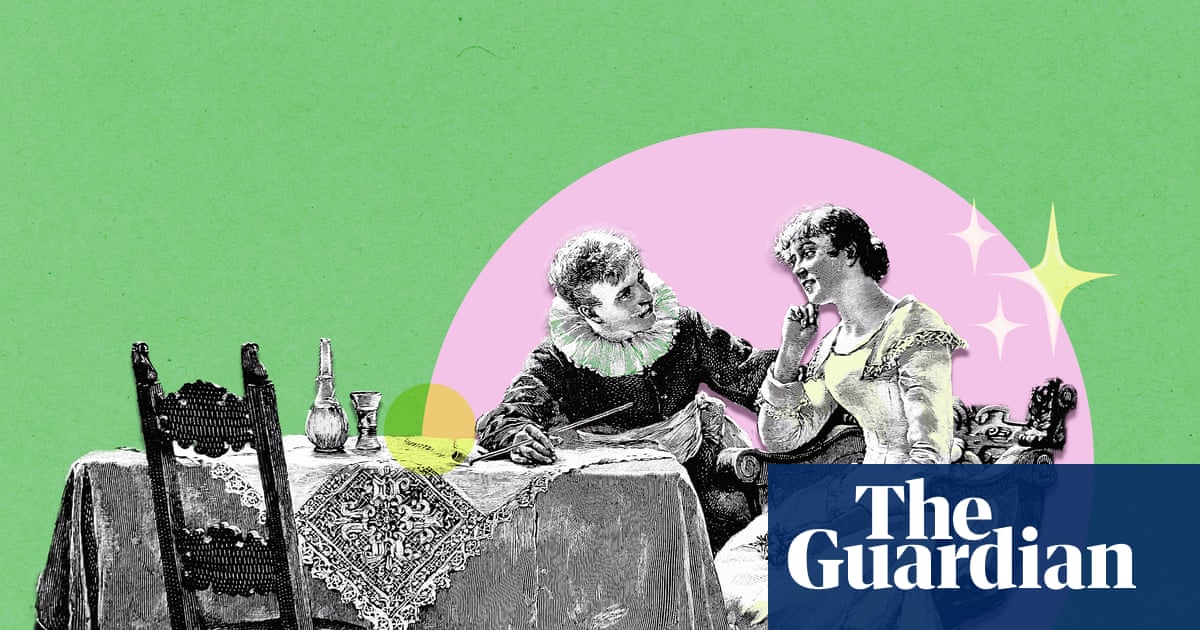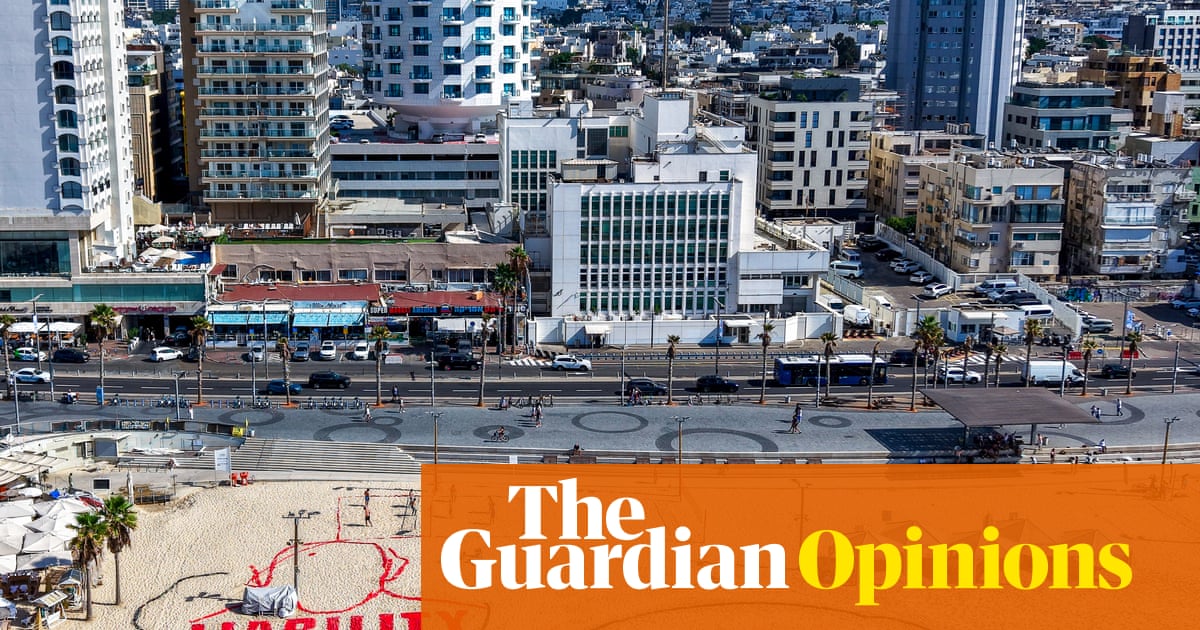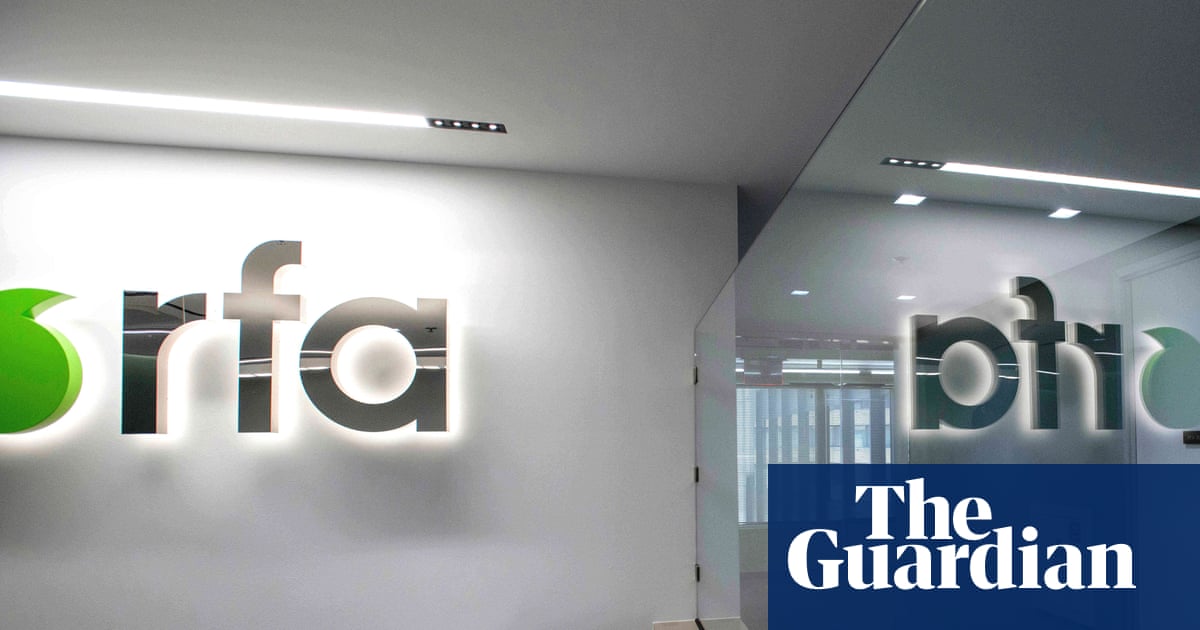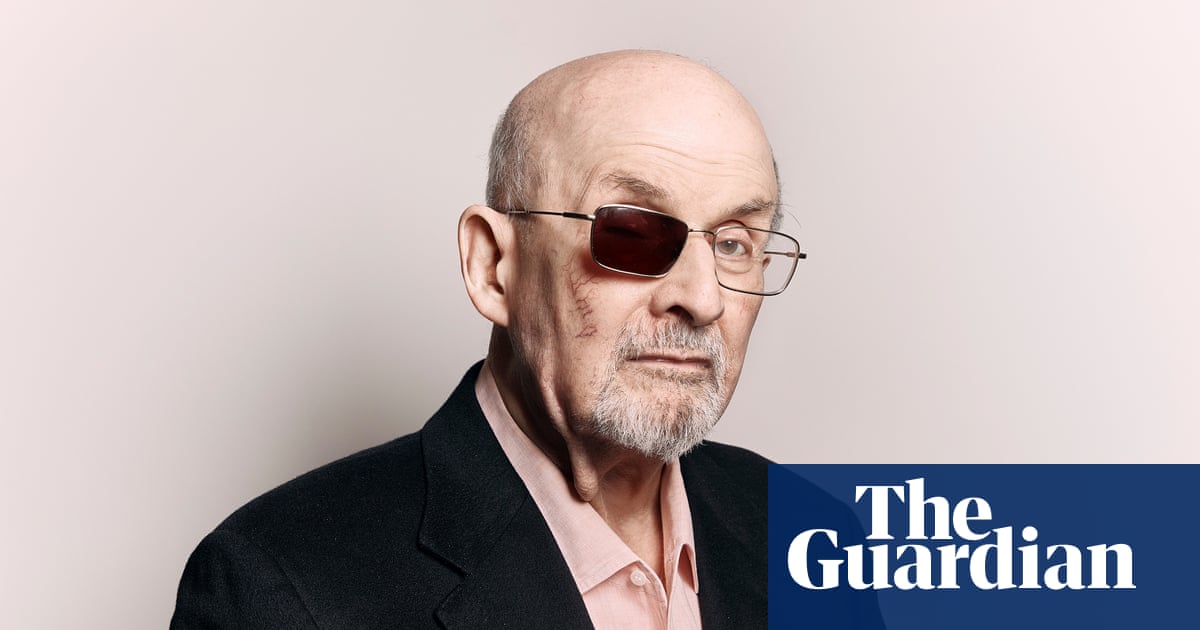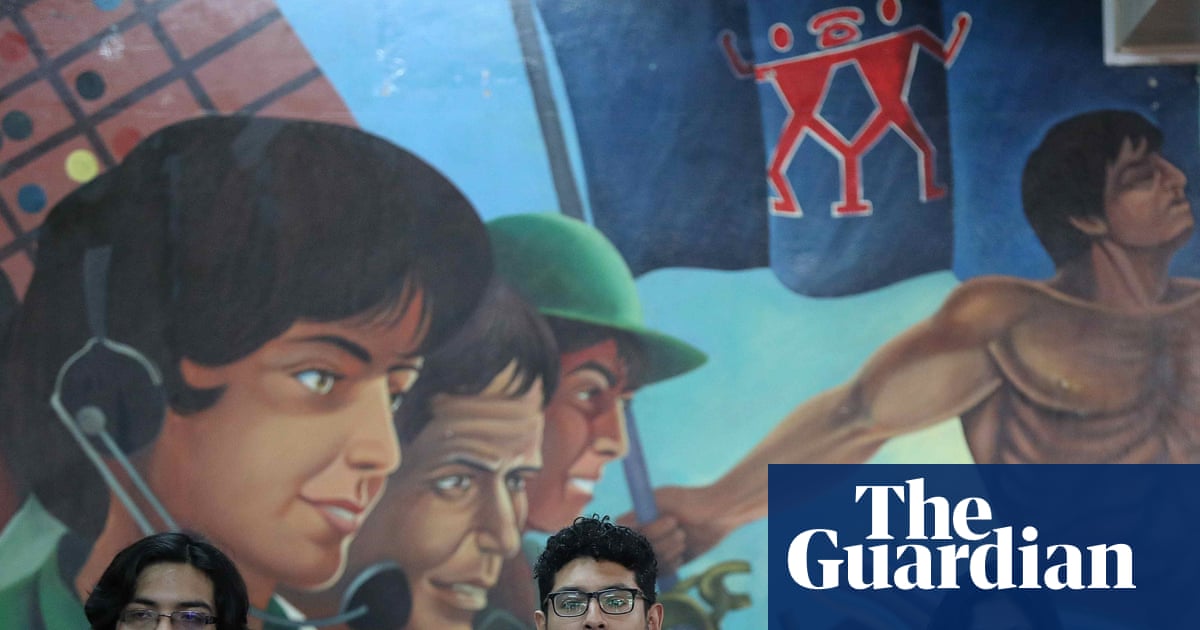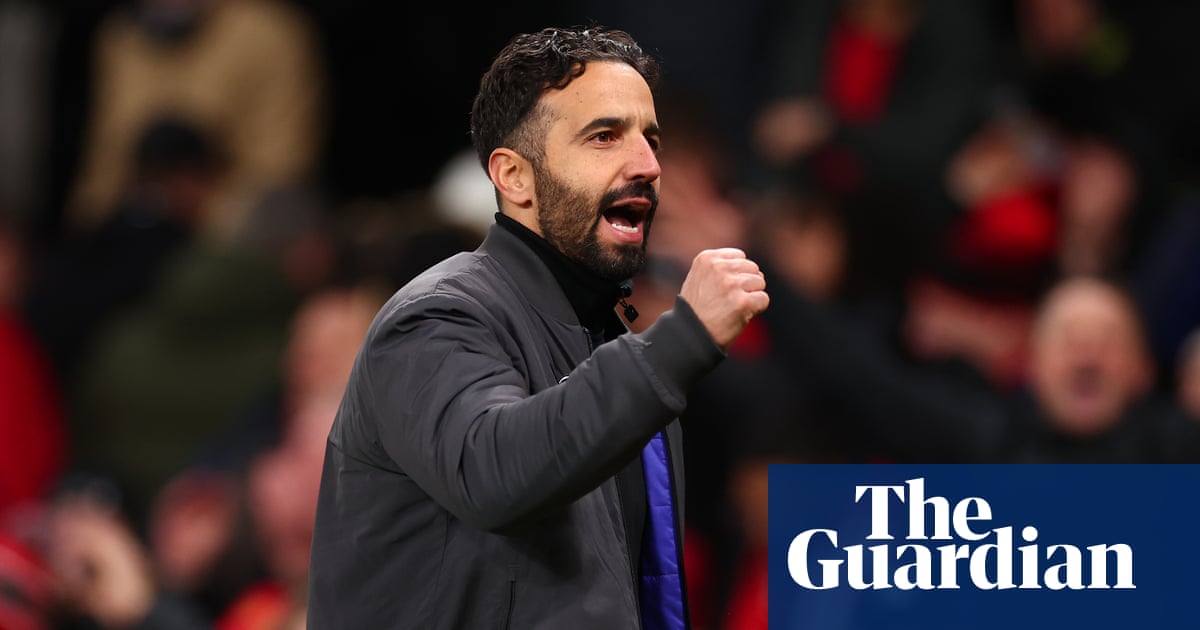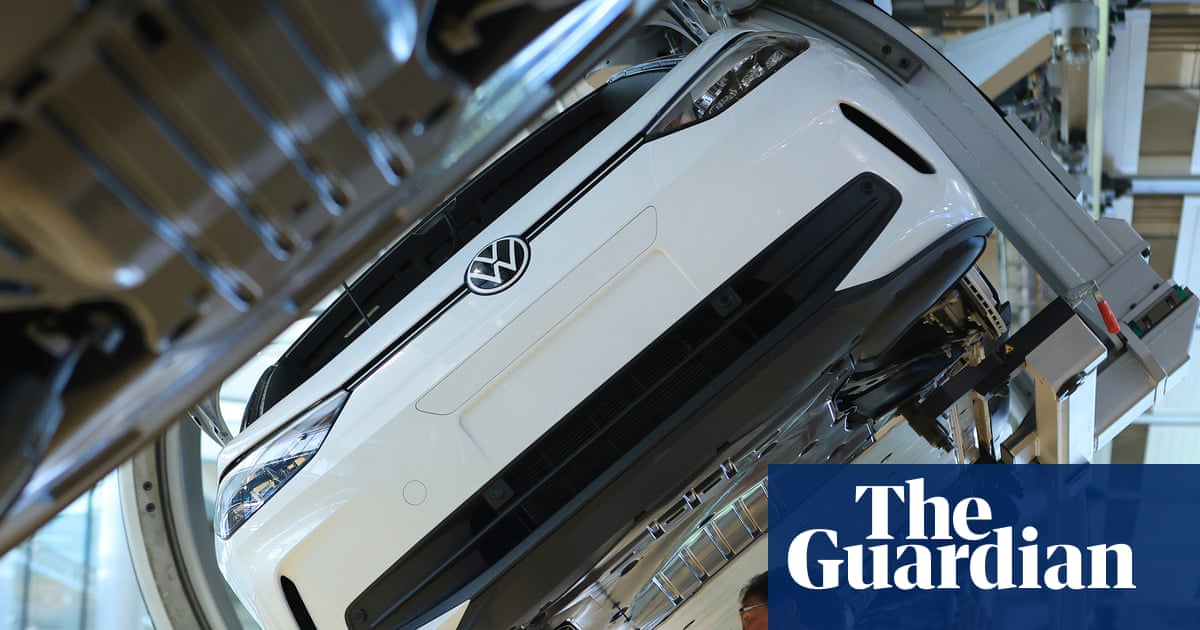King Charles and Pope Leo pray together publicly in a 500-year first
Britain’s King Charles and Pope Leo prayed together in the Vatican’s Sistine Chapel on Thursday, in the first joint worship including an English monarch and a Catholic pontiff since King Henry VIII broke away from Rome in 1534.
Latin chants and English prayers echoed through the chapel, where Leo was elected the first US pope by the world’s Catholic cardinals six months ago.
Charles, supreme governor of the Church of England, was seated at the pope’s left near the altar of the chapel as Leo and Anglican Archbishop Stephen Cottrell led a service that featured the Sistine Chapel Choir and two royal choirs.
Although Charles has met the last three popes, and Popes John Paul II and Benedict XVI travelled to Britain, their previous encounters never included joint prayers.
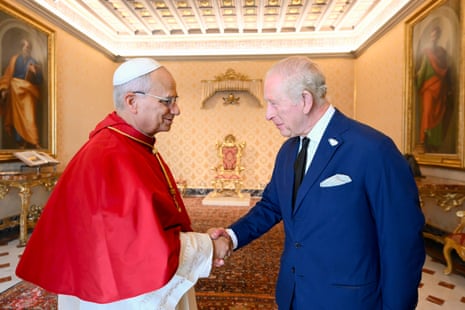
King Charles and Queen Camilla, who visited the Vatican earlier this year to see Pope Francis, also had a private meeting with Leo on Thursday morning.
At home in Britain, Charles’s disgraced brother Prince Andrew is engulfed in a deepening crisis over abuse allegations and his ties with sex offender Jeffrey Epstein.
King Charles will travel in the afternoon to Rome’s Basilica of St Paul Outside the Walls, one of Catholicism’s four most venerated churches, where Leo has approved giving him a new title of “Royal Confrater”, or brother, at the connected abbey.
Buckingham Palace announced on Thursday that Charles had also approved two British honours for Leo: making him the “Papal Confrater” of St. George’s Chapel, Windsor Castle and conferring on him the Knight Grand Cross of the Order of the Bath.
Key events Show key events only Please turn on JavaScript to use this feature
Three arrested in London under National Security Act
Three people have been arrested as part of an ongoing investigation into alleged offences under the National Security Act, which is being led by detectives from London counter-terror police.
On Thursday 23 October, three men aged 48, 45 and 44, were arrested at addresses in west and central London. Searches are ongoing at these addresses as well as another address in west London.
All three men were arrested on suspicion of assisting a foreign intelligence service, contrary to section 3 of the National Security Act (NSA), 2023 and they were taken to a police station in London.
The country to which the alleged offences relate is Russia.
Cmdr Dominic Murphy, Head of Counter-Terrorism Policing London, said:
We’re seeing an increasing number of who we would describe as ‘proxies’ being recruited by foreign intelligence services and these arrests are directly related to our ongoing to efforts to disrupt this type of activity.
Anyone who might be contacted by and tempted into carrying out criminal activity on behalf of a foreign state here in the UK should think again. This kind of activity will be investigated and anyone found to be involved can expect to be prosecuted and there are potentially very serious consequences for those who are convicted.
Finland to buy US weapons for Ukraine for £86m
Finland will buy US weapons for Ukraine for €100m (£86m), the Finnish daily Helsingin Sanomat (HS) reported on Thursday, citing the Nordic country’s prime minister Petteri Orpo.
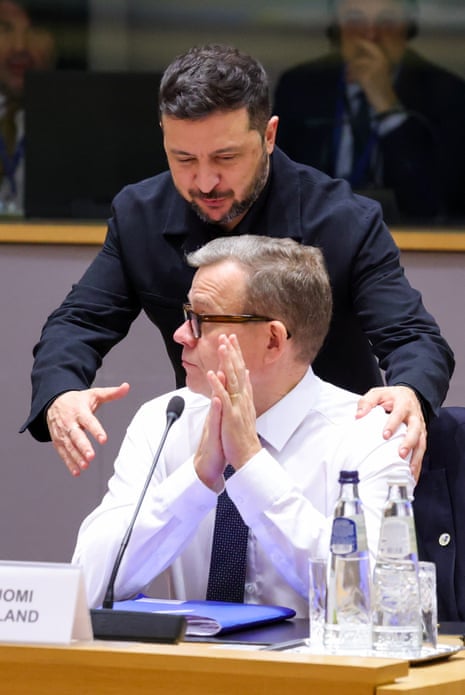
Ukraine: EU proposal for using frozen Russian assets 'fully legal and fair'
The Ukrainian president, Volodymyr Zelenskyy, urged European Union leaders on Thursday to agree as soon as possible on a plan to use frozen Russian assets to support Ukraine.
Zelenskyy, who is visiting Brussels, said on X that the proposed mechanism for using frozen Russian assets was entirely legal and fair. He said Ukraine would use a significant part of the assets to buy weapons from its European allies.
Belgium has been the most vocal sceptic of the plan, as it fears the move could open up the country to costly legal challenges from Russia. The prime minister, Bart De Wever, has insisted that to move ahead Belgium needs firm guarantees from all other EU states that they will share the liability if Moscow comes calling. He also wants other countries in the bloc to promise to start tapping Russian assets frozen in their territories.
“Then we could go forward,” he said at the start of the EU summit. “If not, I will do everything in my power at the European level, also at the national level, politically and legally, to stop this decision.”
Despite the Belgian hang-ups, EU leaders are expected to give the go-ahead at the summit for the European Commission to draw up a formal legal proposal for the loan.
EU officials say they hope to have a detailed proposal ready next month and be able to finalise the loan by the end of the year. But there looks set to still be wrangling over the small print, with lawyers poised to go through it with a fine-tooth comb.
One key sticking point could be the conditions for how the funds can eventually be spent by Kyiv. France is insisting that the bulk of the funds goes to buying weapons from in Europe, as it seeks to bolster the EU’s defence industry.
The commission has backed that argument for now but other member states insist the focus should be on allowing Kyiv to get what it needs to fight Moscow, wherever it comes from.
Ukraine and Russia exchange more bodies of soldiers
Moscow has handed over the bodies of 1,000 Ukrainian soldiers and has received 31 bodies of its own fallen soldiers in return, Russian RBC news outlet reported on Thursday.
“Repatriation measures took place today. One thousand bodies, which according to the Russian side belong to Ukrainian servicemen, were returned to Ukraine,” Ukraine’s agency responsible for prisoners of war said on social media.
King Charles and Pope Leo pray together publicly in a 500-year first
Britain’s King Charles and Pope Leo prayed together in the Vatican’s Sistine Chapel on Thursday, in the first joint worship including an English monarch and a Catholic pontiff since King Henry VIII broke away from Rome in 1534.
Latin chants and English prayers echoed through the chapel, where Leo was elected the first US pope by the world’s Catholic cardinals six months ago.
Charles, supreme governor of the Church of England, was seated at the pope’s left near the altar of the chapel as Leo and Anglican Archbishop Stephen Cottrell led a service that featured the Sistine Chapel Choir and two royal choirs.
Although Charles has met the last three popes, and Popes John Paul II and Benedict XVI travelled to Britain, their previous encounters never included joint prayers.

King Charles and Queen Camilla, who visited the Vatican earlier this year to see Pope Francis, also had a private meeting with Leo on Thursday morning.
At home in Britain, Charles’s disgraced brother Prince Andrew is engulfed in a deepening crisis over abuse allegations and his ties with sex offender Jeffrey Epstein.
King Charles will travel in the afternoon to Rome’s Basilica of St Paul Outside the Walls, one of Catholicism’s four most venerated churches, where Leo has approved giving him a new title of “Royal Confrater”, or brother, at the connected abbey.
Buckingham Palace announced on Thursday that Charles had also approved two British honours for Leo: making him the “Papal Confrater” of St. George’s Chapel, Windsor Castle and conferring on him the Knight Grand Cross of the Order of the Bath.
Russian drone kills two Ukrainian journalists in east of country
A Russian drone killed two Ukrainian journalists in the eastern Ukrainian city of Kramatorsk, their news outlet confirmed to AFP on Thursday.
Freedom TV, a state-funded news organisation, confirmed initial reports of the attack published by the Donetsk regional governor, who posted images of the charred remains of the reporters’ car.

Jonathan Yerushalmy
The US has announced new sanctions against Russia’s two largest oil companies, signalling a major shift in Donald Trump’s approach to ending the war in Ukraine. The measures taken against Rosneft and Lukoil mark the first time the US has sanctioned Russia since Trump’s return to office in January.
The US treasury secretary, Scott Bessent, said the sanctions were needed because of “Putin’s refusal to end this senseless war” and that the companies targeted were responsible for funding the Kremlin’s “war machine”. He said that the US was also prepared to take further action.
Trump has called the sanctions “tremendous”, but experts remain split on how effective they will be in slowing Russia’s war and bringing Vladimir Putin to the negotiating table – with many saying it will come down to how aggressively the US enforces them.
What has been announced?
The sanctions announced by the Treasury will see all assets belonging to Rosneft and Lukoil in the US frozen, while at the same time US companies and individuals will be barred from doing business with them. The measures also include sanctions against dozens of subsidiaries of the companies.
The US is also threatening secondary sanctions on foreign financial institutions that do business with Rosneft and Lukoil – which could include banks that facilitate sales of Russian oil in China, India and Turkey.
Rosneft and Lukoil are the two largest oil companies in Russia and account for nearly half of Russia’s crude oil exports, according to Bloomberg. Both companies were sanctioned by the UK last week, and on Thursday the EU will also announce a raft of new sanctions against Russia.
Why now?
On the campaign trail in 2024, Trump claimed he would end the Ukraine war “in 24 hours” if elected. But since returning to the White House, he has found the task more difficult than he envisioned. His commitment to the war has flip flopped – from stating last month that Ukraine could regain all the land lost since the 2022 invasion, to this week suggesting the country’s Donbas region should be carved up in a way that would leave most of it under Russian control.
This week, Trump abruptly pulled out of a planned second summit with Putin, amid reports his administration was frustrated by preconditions set for the meeting by the Russian side. By Wednesday, his impatience was evident, as he told “every time I speak with Vladimir, I have good conversations, and then they don’t go anywhere.”
Trump has been resisting pressure from allies in Congress to impose further sanctions, but Russia’s unwillingness to shift its position – along with sustained lobbying from European – appears to have changed his calculations.
Read more about whether the sanctions are likely to work, and what more the US could do, here:
Russia vows 'painful response' if EU confiscates assets
Any action by the EU to confiscate Russian assets in Euroclear accounts will result in a “painful response” from Russia, the foreign ministry spokesperson Maria Zakharova said on Thursday.
“The EU has no legal means to seize Russian assets, so their confiscation would be ‘theft,’” Zakharova said.
A proposal by the European Commission to use Russian assets frozen in Europe to provide a €140bn (£122bn) “reparation loan” to Ukraine will be discussed on Thursday.
Under the plan, the EU would use cash balances from frozen Russian central bank securities to give Kyiv support that would cover much of its funding needs for 2026 and 2027.
But what do countries within the 27-member bloc think?
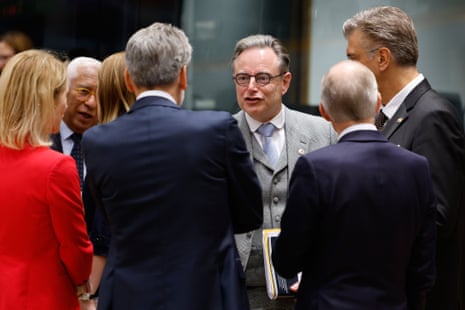
The Belgian prime minister, Bart De Wever, has said he would oppose the measure until he secured guarantees on the use of Russian immobilised assets.
De Wever, whose country is home to chief asset holder Euroclear, said he did not see the legal basis for such a decision yet, adding that immobilised assets had not even been touched in the second world war.
German chancellor Friedrich Merz said on Thursday: “I share the Belgian prime minister’s concerns but am confident we will take a step forward.”
Finland’s prime minister Petteri Orpo said: “We have a solution on the table which is legally sustainable and takes Belgium’s concerns into account.”
Sweden’s prime minister, Ulf Kristersson, said: “I won’t declare victory on this until we’re done but I see a very broad support for using frozen Russian assets.”
Russia: EU sanctions "simply don't work"
The Russian foreign ministry said on Thursday that EU sanctions against Russia worked primarily against the bloc itself, adding that the EU elites simply could not accept that their sanctions were not working.
EU countries on Thursday formally adopted a 19th package of sanctions against Russia for its war against Ukraine that includes a ban on Russian liquefied natural gas imports.
China "opposes" US sanctions on Russia
China said Thursday it opposes recent sanctions slapped by the US on the two largest Russian oil companies over Moscow’s war in Ukraine, saying they had “no basis in international law”.
China, a major Russian trading partner, has said it takes a neutral stance on the war and has refrained from condemning Moscow’s 2022 full-scale invasion of Ukraine.
Asked about the new US sanctions at a daily press conference in Beijing, the foreign ministry spokesperson Guo Jiakun said “China consistently opposes unilateral sanctions that have no basis in international law and are not authorised by the UN security council”.
In response to another question about Trump’s statement that the Chinese president, Xi Jinping, could have a “big influence” on Putin in efforts to end the war, Guo said that “dialogue and negotiations are the only feasible way out of the Ukraine crisis”.
At the same press conference, Guo criticised sanctions on Russia agreed Wednesday by the EU whose targets included Chinese companies, saying Beijing was “strongly dissatisfied”.
“China is neither the creator of the Ukraine crisis nor a party to it,” he said. “The European side is in no position to make irresponsible remarks about the normal exchanges and cooperation between Chinese and Russian enterprises.”
Guo urged Brussels to “stop making an issue out of China”, vowing that Beijing “will take all necessary measures to safeguard its legitimate rights and interests”.
Russia: US sanctions "extremely counterproductive"
Russia’s foreign ministry said on Thursday that US energy sanctions were extremely counterproductive to finding peace in Ukraine.
Russian goals in Ukraine remain unchanged, and the root causes of the conflict need to be resolved, the Russian foreign ministry spokesperson Maria Zakharova told reporters in Moscow.
The US has sanctioned Rosneft and Lukoil, Russia’s two largest oil companies, as the Trump administration increased pressure on the Kremlin to negotiate an end to its war against Ukraine.
The former Russian president Dmitry Medvedev also said on Thursday that decisions by the Trump administration to cancel a summit in Budapest and impose sanctions on Russian oil companies showed that Washington was “on the warpath” with Moscow.
“The US is our enemy, and their talkative ‘peacemaker’ has now fully embarked on the warpath with Russia,” Medvedev wrote on Telegram, referring to US president Donald Trump.
“The decisions taken are an act of war against Russia. And now Trump has fully aligned himself with loony Europe.”
Opening summary
European leaders are meeting on Thursday with the Ukrainian president, Volodymyr Zelenskyy, in Brussels to reaffirm support for Kyiv. The president of the European Council, António Costa, welcomed Zelenskyy, addressing him as “future member of the European Union”. The meeting comes as the 27 member bloc formally adopted a 19th package of sanctions against Russia for its war against Ukraine that includes a ban on Russian liquefied natural gas imports. The Danish rotating presidency of the EU said:
It’s a significant package that targets main Russian revenue streams through new energy, financial, and trade measures.
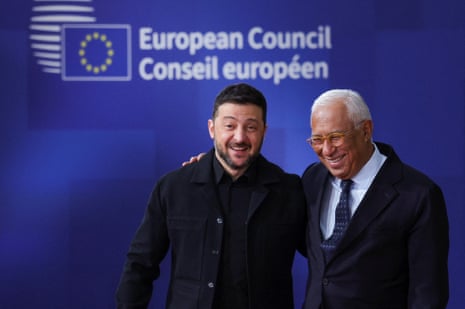
In a major policy shift, Donald Trump on Wednesday imposed sanctions on Russia’s two biggest oil firms. New restrictions have been unveiled against Rosneft and Lukoil – as well as dozens of subsidiaries – because of “Russia’s lack of serious commitment to a peace process to end the war in Ukraine”.
Trump said to reporters that he has a “very good relationship” with his Russian counterpart, but felt he had to cancel their planned meeting in Budapest as “it didn’t feel right to me”. In a sign of growing frustration, he told reporters:
It didn’t feel like we were going to get to the place we have to get. So I cancelled it. But we’ll do it in the future … I have good conversations. And then, they don’t go anywhere. They just don’t go anywhere.
He also hinted that the sanctions could be lifted if the Russian president was prepared to cooperate in peace talks.
-
Volodymyr Zelenskyy thanked the United States and the European Union on Thursday for agreeing on new energy sanctions against Russia, saying they were “very important”. He also told reporters in Brussels that a ceasefire was possible in Russia’s war on Ukraine but that yet more pressure would be needed on Moscow to make it happen. He ruled out making any territorial concessions to Russia.
-
A proposal by the European Commission to use Russian assets frozen in Europe to provide a €140bn (£122bn) “reparation loan” to Ukraine will be discussed on Thursday. Under the plan, the EU would use cash balances from frozen Russian central bank securities to give Kyiv support that would cover much of its funding needs for 2026 and 2027. “I won’t declare victory on this until we’re done but I see a very broad support for using frozen Russian assets,” the Swedish prime minister, Ulf Kristersson, said at a meeting of EU leaders in Brussels.
-
However, the Belgian prime minister, Bart De Wever, laid out three demands on the use of Russian immobilised assets to provide a loan to Ukraine, adding he would oppose that measure until he secured guarantees. De Wever, whose country is home to chief asset holder Euroclear, said he did not see the legal basis for such a decision yet, adding that immobilised assets had not even been touched in the second world war. He said: “We are the only ones, Euroclear is the only financial institution that offers the windfall profits to Ukraine. We know that there are vast amounts of Russian money in other countries who have always been silent about this.
“If these three demands, which I think are quite reasonable, are met then we can go forward. If not, I will do everything in my power at the European level, also at the national level, politically and legally to stop this decision.” -
EU countries will on Thursday agree on filling the financial needs of Ukraine in 2026 and 2027, the European Council president, António Costa, said. ““The technicality of the solutions, we continue to work on with the European Commission, but the most important is the political decision,” Costa said before a summit of EU leaders in Brussels.
-
Tens of thousands of people in Hungary are expected to turn out for rival rallies by Viktor Orbán’s ruling party and his main opponent as they kick off campaigning for elections next year in a highly polarised political climate.
-
Engineers have repaired a damaged high-voltage line and restored external power to the Zaporizhzhia nuclear power station in Ukraine, its Russian-installed management said on Thursday. The plant – Europe’s largest, with six reactors – was seized by Russian troops in the first weeks of Moscow’s 2022 invasion of Ukraine. It currently produces no electricity, but needs external power to ensure that fuel in the reactors remains cool and no meltdown occurs. Until Thursday, the plant had been without power for 30 days, relying on backup diesel generators.
-
The Netherlands will hold a general election on 29 October after the previous government collapsed. Geert Wilders’ far-right PVV leads the polls, though some support has shifted to Christian Democrats.

 3 months ago
68
3 months ago
68
